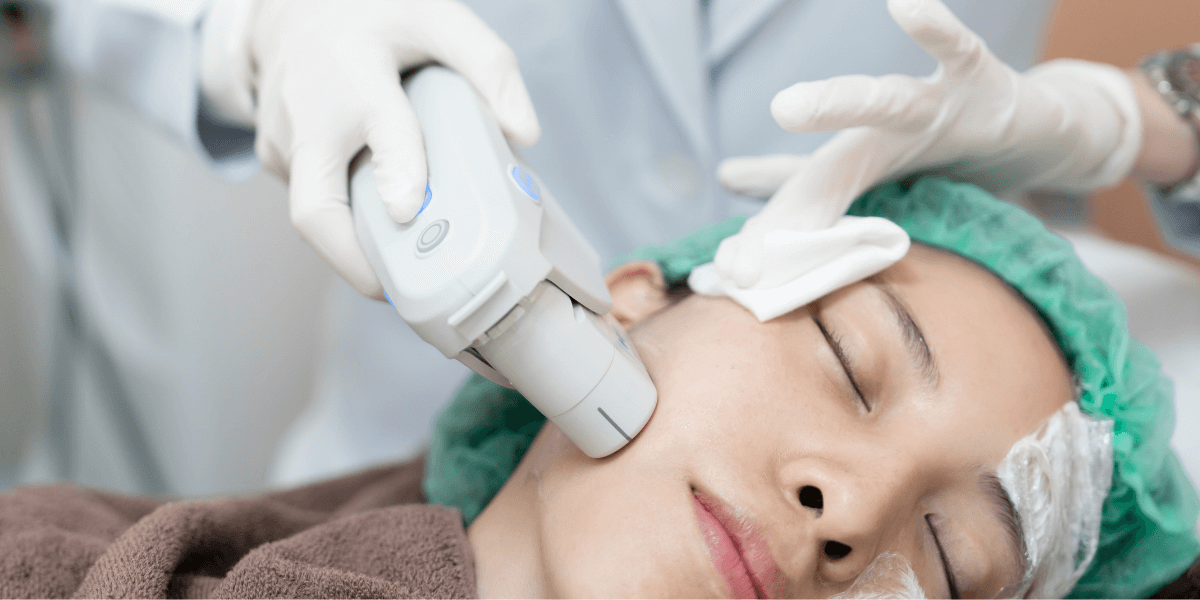
High-Intensity Focused Ultrasound (HIFU) is a popular non-invasive treatment that targets the deeper layers of the skin to lift, tighten, and rejuvenate. While the procedure itself is relatively simple, the real results depend significantly on how you care for your skin afterward. Understanding the right aftercare can help maximize the benefits and minimize potential side effects. Below are dermatologist-recommended tips on what to do—and what to avoid—after a HIFU treatment.
Stay Hydrated and Eat Nutritious Foods:
What to do and what not to do after HIFU (ما يجب ومالا يجب القيام به بعد عملية الهايفو), your body begins the natural process of collagen production. This process can take several weeks, and during this time, hydration plays a crucial role. Drinking plenty of water helps your skin stay plump and supports cellular regeneration. Additionally, a balanced diet rich in antioxidants, vitamins C and E, and omega-3 fatty acids can support skin healing and enhance the treatment’s effectiveness.
Avoid excessive caffeine and alcohol, as these can dehydrate the skin and hinder its ability to recover efficiently. Instead, opt for herbal teas, water-rich fruits like watermelon and cucumber, and foods high in collagen-supporting nutrients such as leafy greens, berries, and fish.
Protect Your Skin from Sun Exposure:
Your skin will be more sensitive to UV rays after a HIFU procedure. Sun exposure during the healing period can cause hyperpigmentation, irritation, or even damage the collagen-rebuilding process. Always apply a broad-spectrum sunscreen with SPF 30 or higher, even on cloudy days. Reapply it every two hours, especially if you’re outdoors.
In the days immediately following your treatment, try to avoid direct sun exposure altogether. Wear wide-brimmed hats or use physical barriers like umbrellas if you need to be outside. Proper sun protection not only prevents complications but also helps maintain the youthful glow that HIFU aims to achieve.
Skip Harsh Skincare Products:
Your skin may feel slightly sensitive, tight, or flushed after the procedure. For this reason, it’s essential to avoid harsh skincare products that contain alcohol, retinoids, exfoliating acids (like AHAs and BHAs), or strong fragrances. These can irritate the skin and interfere with the healing process.
Instead, switch to a gentle skincare routine. Use a mild, hydrating cleanser, and a fragrance-free moisturizer to keep your skin comfortable. Products containing hyaluronic acid, ceramides, and niacinamide are typically safe and beneficial post-treatment. Always patch-test any new product before applying it fully.
Avoid Heat and Sweating Activities:
Since HIFU uses focused ultrasound energy to penetrate the deeper layers of the skin, your skin may be a bit inflamed or tender afterward. Exposing it to additional heat—such as from hot showers, saunas, or intense workouts—can exacerbate this sensitivity.
It’s best to avoid hot baths, steam rooms, sunbeds, and high-intensity physical activities that cause sweating for at least 48-72 hours post-treatment. Heat and sweat can increase inflammation and risk irritation or breakouts. Once your skin feels completely back to normal, you can gradually resume your regular routine.
Don’t Pick, Scratch, or Massage the Treated Area:
While it’s rare, some people may experience slight swelling, redness, or minor bruising after HIFU. It’s important to let these effects resolve naturally. Avoid scratching, picking, or massaging the treated area, even if you feel some tingling or tightness.
Touching your face frequently can introduce bacteria, potentially leading to breakouts or infections. Also, aggressive rubbing or massaging can interfere with the ultrasound’s precision work deep within the skin layers. Be gentle, and let your skin heal without unnecessary interference.
Stick to a Consistent Skincare Routine:
After a few days, once your skin has calmed, it’s important to maintain a consistent skincare routine to support ongoing collagen production. Use products that promote skin elasticity and moisture retention. Look for ingredients like peptides, vitamin C, and growth factors.
Even though the HIFU treatment stimulates collagen naturally, your daily skincare habits will either support or hinder this process. Cleanse gently, moisturize regularly, and apply sunscreen diligently. Night creams or serums with anti-aging ingredients can be beneficial if used as part of a thoughtful routine and introduced gradually.
Be Patient and Monitor Your Progress:
Unlike surgical facelifts that show immediate results, HIFU works over time. Most people begin to notice changes in their skin’s firmness and texture within 4 to 12 weeks. The results are gradual and depend on the body’s collagen production cycle, which takes time.
Avoid getting impatient or rushing into additional treatments too soon. Give your skin time to respond to the HIFU procedure naturally. You may want to take photos every few weeks to track subtle improvements. If you notice anything unusual—like excessive redness, discomfort, or a reaction that doesn’t subside—it’s important to monitor it closely and take note for any follow-up advice.
Conclusion:
Proper aftercare following a HIFU treatment is essential to ensure optimal results and avoid unnecessary side effects. From staying hydrated and protecting your skin from the sun to avoiding heat exposure and using gentle skincare, these simple habits can make a big difference in your skin’s healing and rejuvenation journey. With patience and the right care, you’ll enjoy firmer, more youthful-looking skin that reflects the benefits of your investment in non-invasive beauty.